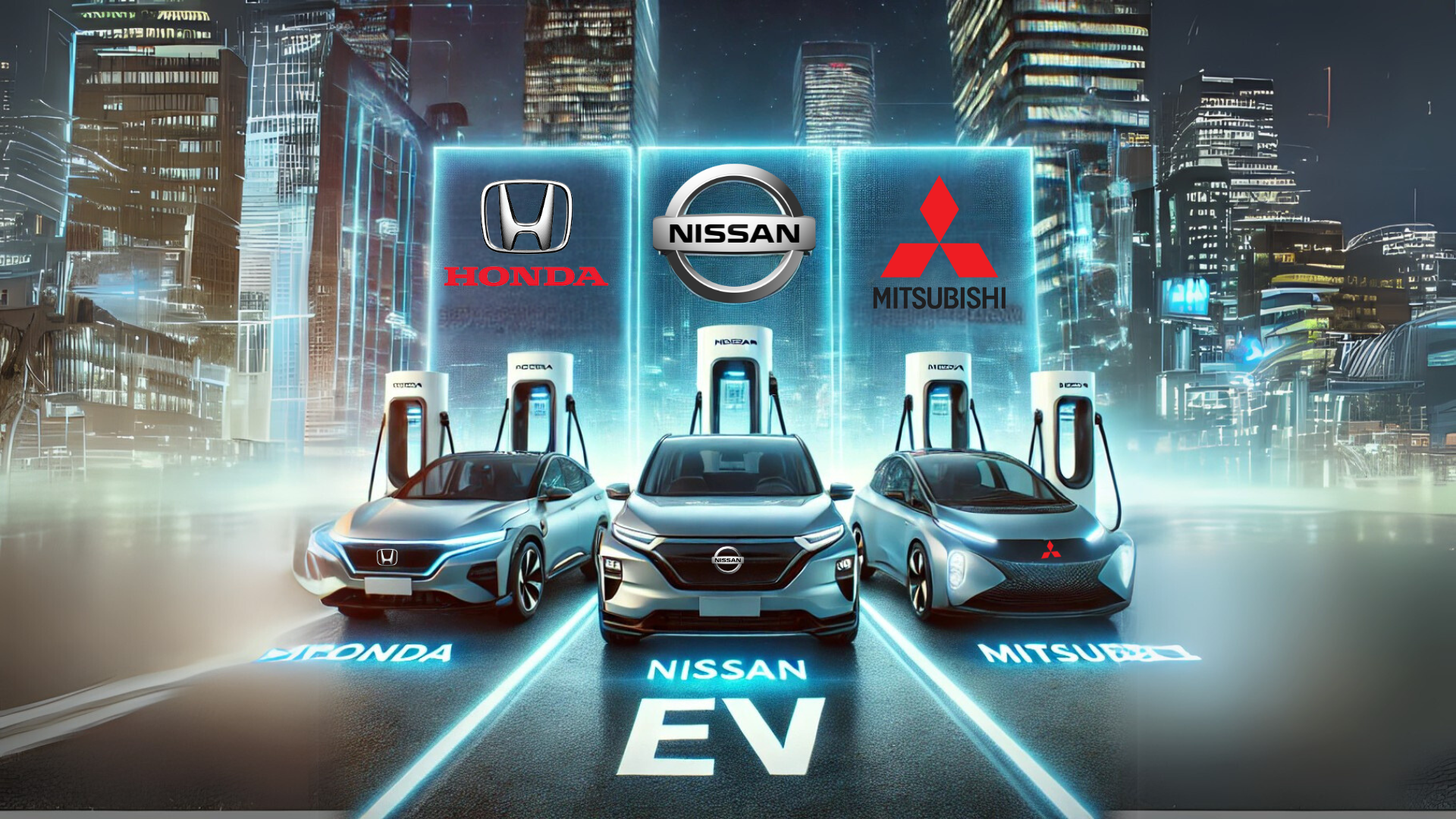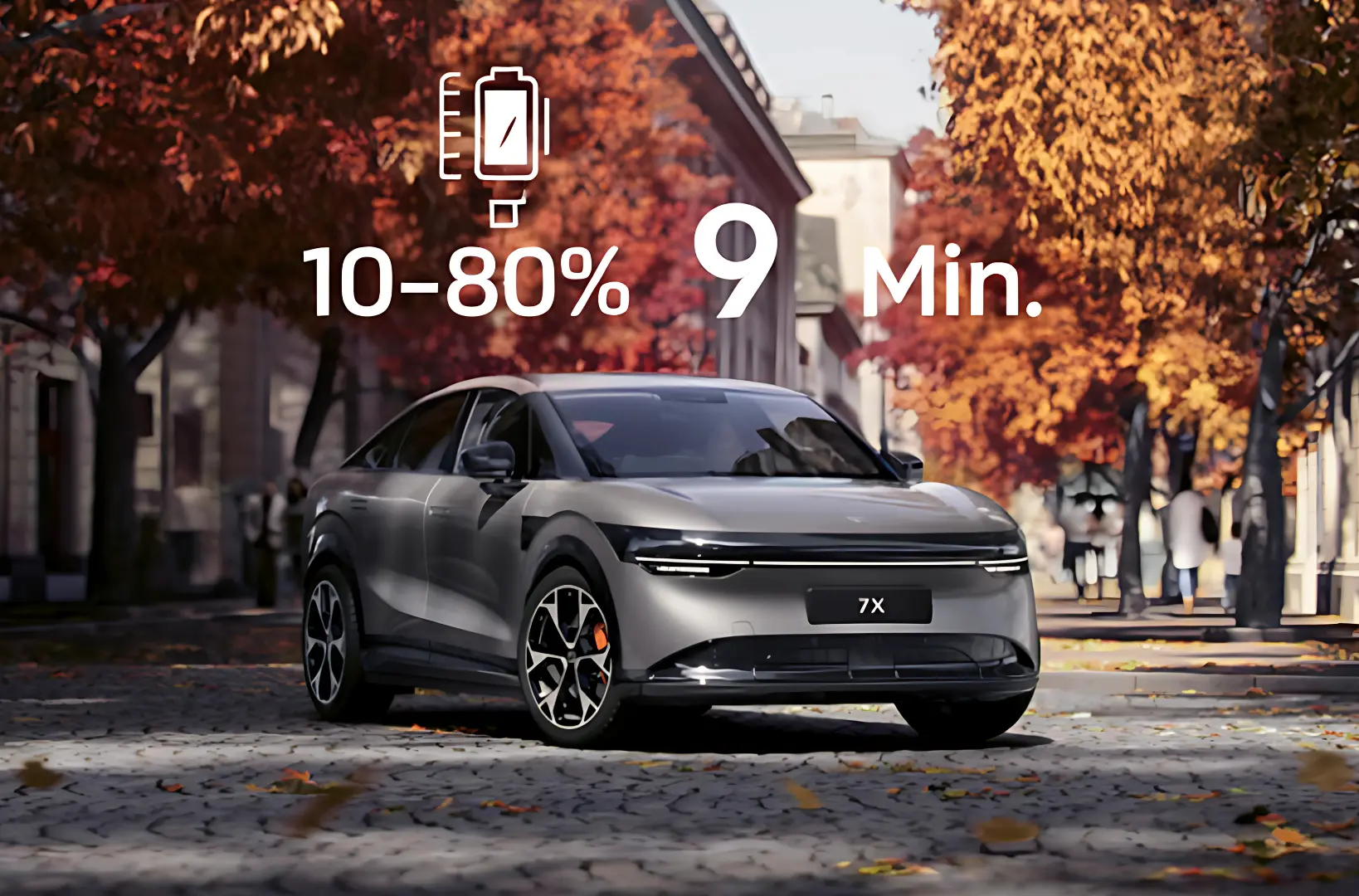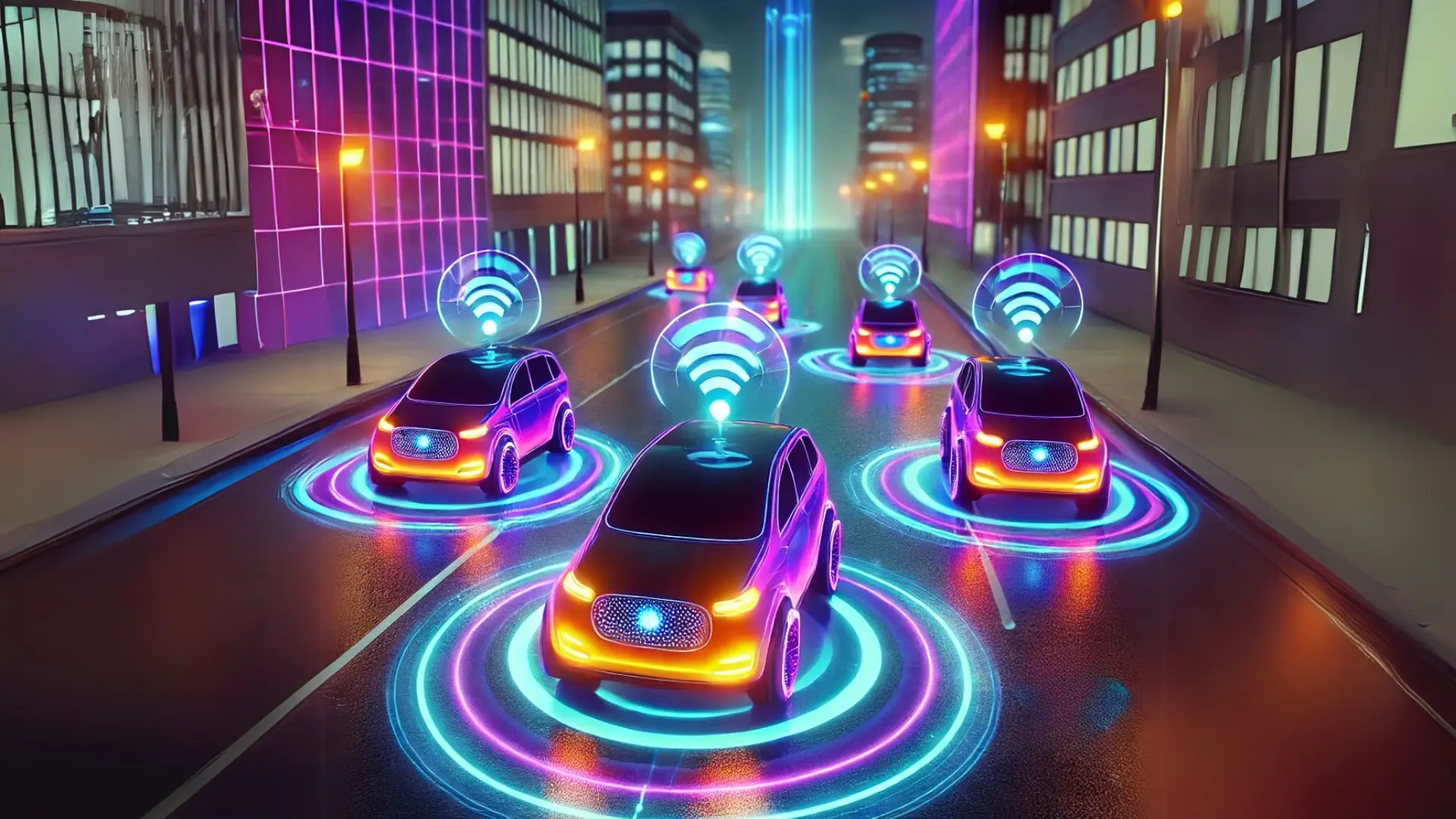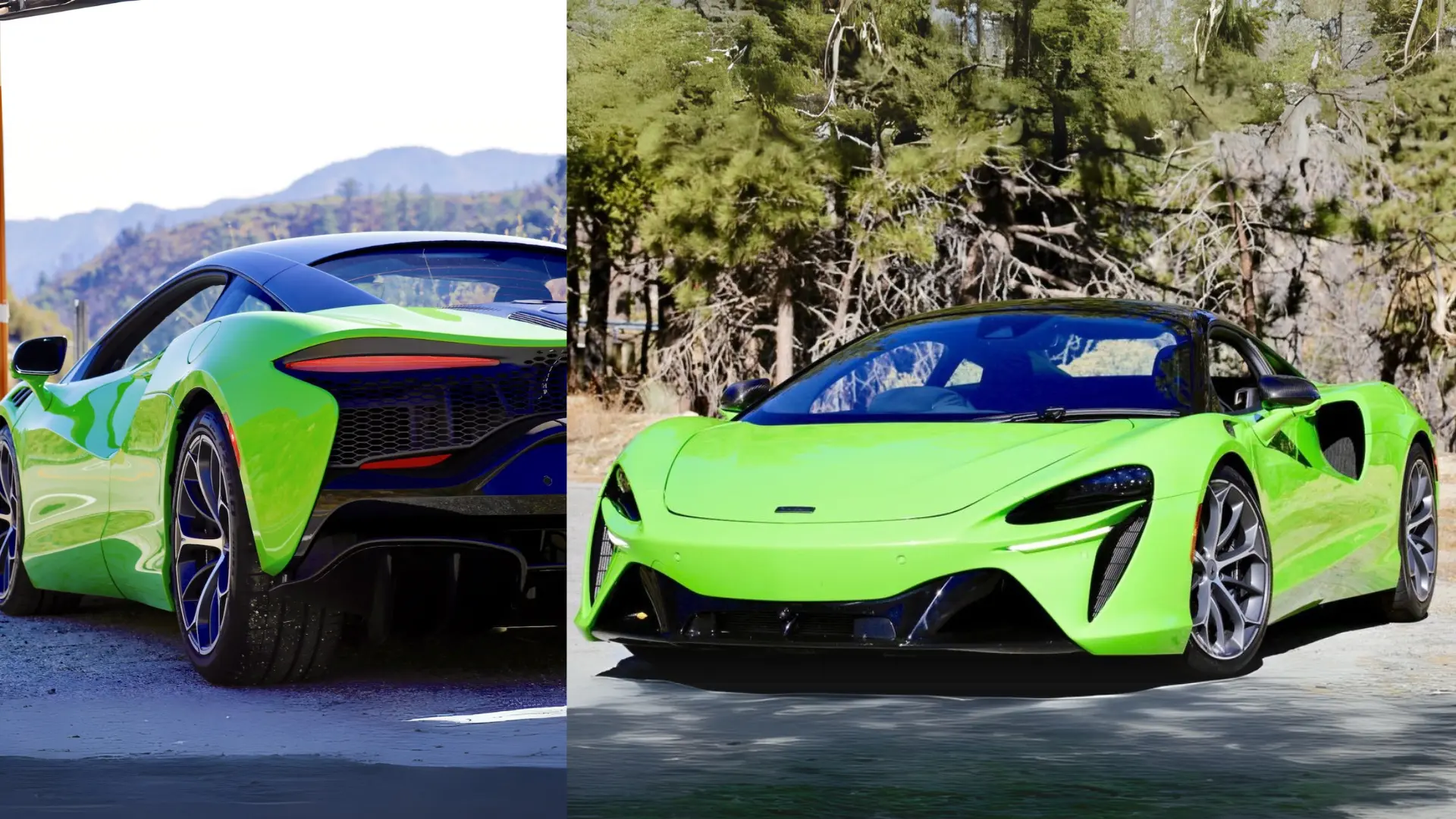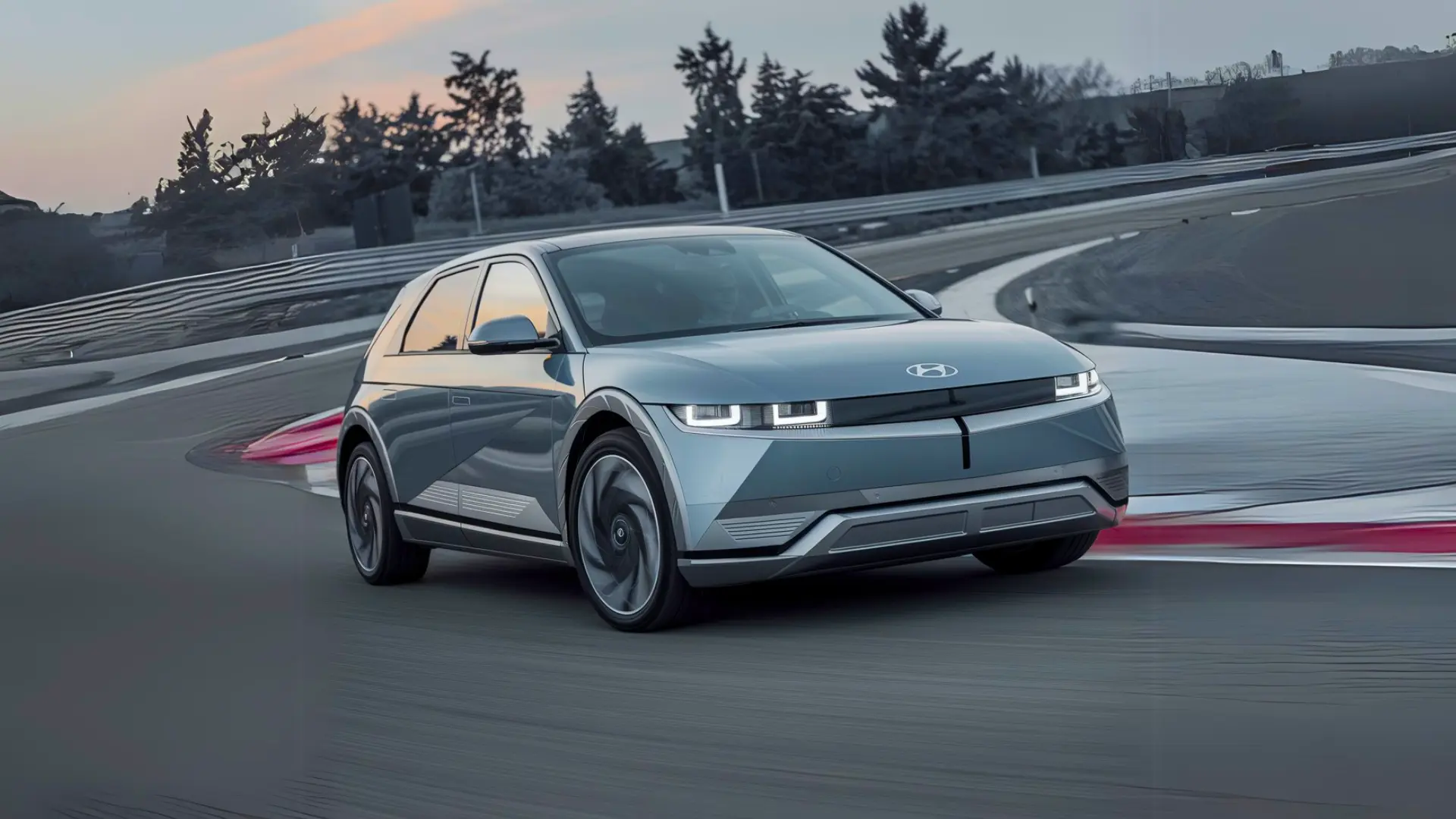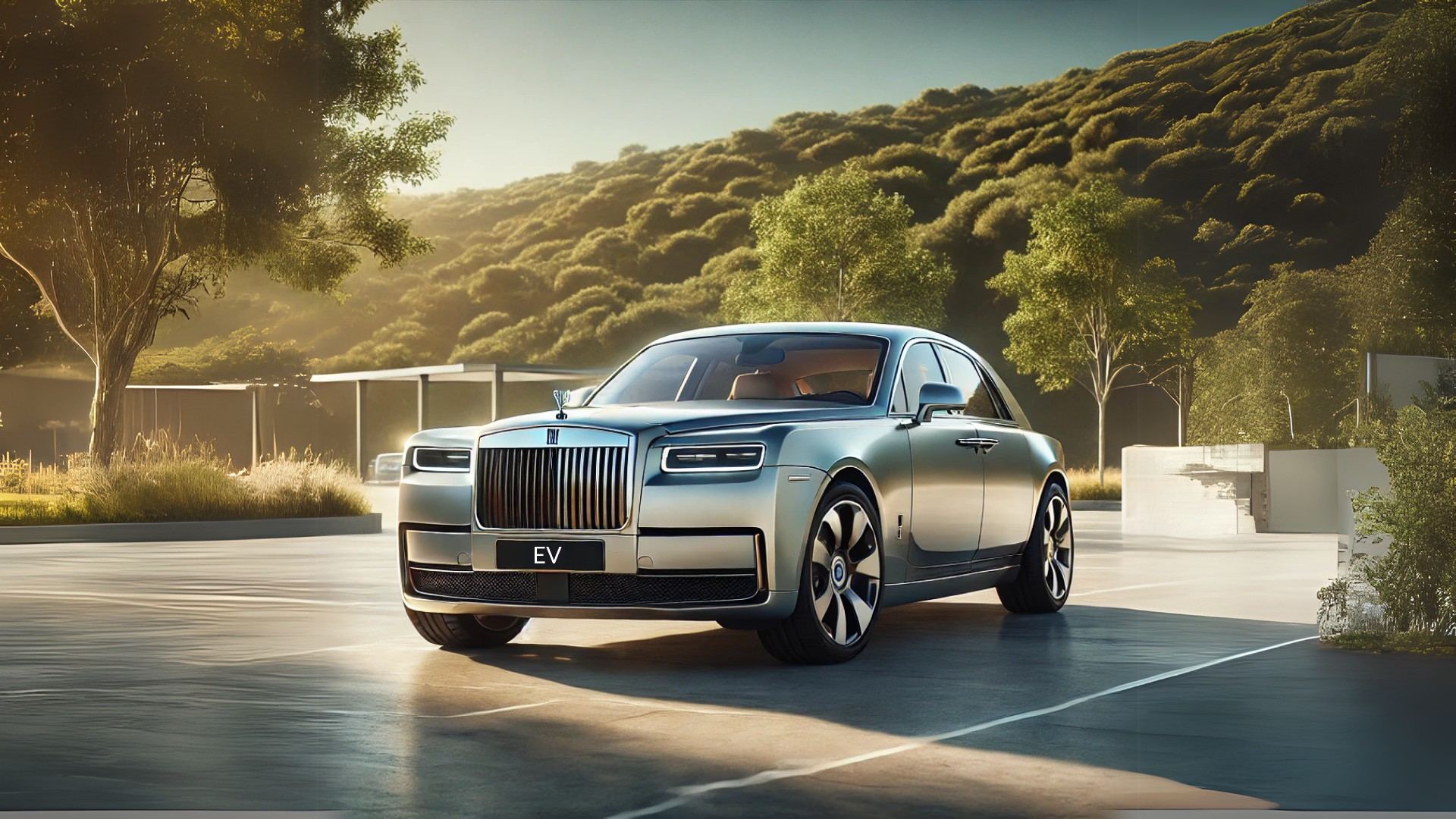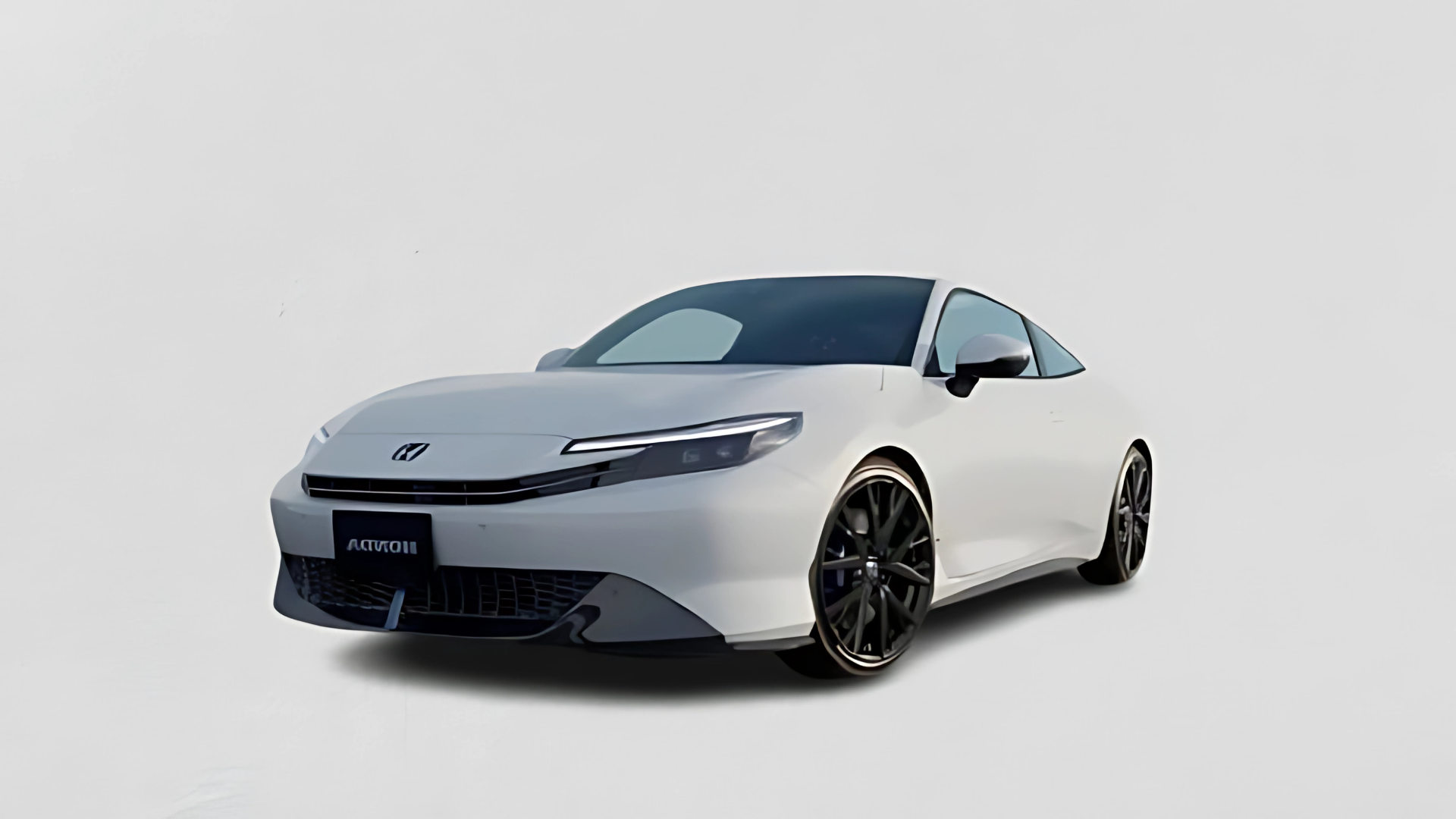In a groundbreaking development that has captured the attention of the global automotive industry, Nissan, Honda, and Mitsubishi Motors have signed a Memorandum of Understanding (MOU) to explore collaborative opportunities. This strategic partnership signifies a pivotal moment in the automotive sector, as these three Japanese automotive giants unite to address the industry’s most pressing challenges and capitalize on emerging opportunities.
The Genesis of a Strategic Alliance
The automotive landscape is undergoing a profound transformation, driven by rapid advancements in technology, shifting consumer preferences, and an increasing emphasis on sustainability. In this dynamic environment, the collaboration between Nissan, Honda, and Mitsubishi Motors represents a strategic move to enhance their collective competitiveness and innovation capabilities.
The MOU outlines the framework for discussions aimed at integrating their operations through the establishment of a joint holding company. This integration is designed to preserve each brand’s unique identity while fostering synergies that can lead to significant advancements in various facets of automotive development.
Key Areas of Collaboration
- Electrification and Sustainable Mobility
A central focus of this collaboration is the acceleration of electric vehicle (EV) development. By pooling their resources and expertise, the three companies aim to expedite the production and adoption of EVs, thereby contributing to global sustainability efforts. This initiative includes joint research and development of advanced battery technologies, expansion of charging infrastructure, and the creation of affordable EV models to meet diverse consumer needs. - Technological Innovation and Autonomous Driving
The partnership seeks to leverage each company’s strengths in automotive technology to advance autonomous driving capabilities and connected vehicle systems. Collaborative efforts in this area are expected to result in the development of safer, more efficient, and technologically advanced vehicles, aligning with the industry’s shift towards smart mobility solutions. - Operational Efficiency and Cost Optimization
By integrating their operations, Nissan, Honda, and Mitsubishi Motors aim to achieve economies of scale that can lead to significant cost savings. This includes the sharing of manufacturing facilities, joint procurement strategies, and streamlined supply chain management, all of which are intended to enhance operational efficiency and profitability. - Market Expansion and Global Competitiveness
The collaboration is poised to strengthen the global presence of the three automakers, enabling them to better compete with industry leaders such as Toyota, Volkswagen, and emerging players in the electric vehicle market. By combining their market insights and distribution networks, the partnership aims to expand its reach and influence in key automotive markets worldwide.
Implications for the Automotive Industry
The alliance between Nissan, Honda, and Mitsubishi Motors is expected to set a new precedent in the automotive industry, demonstrating the potential benefits of strategic collaboration among competitors. This partnership underscores the industry’s recognition of the need for collective action in the face of rapid technological advancements and evolving consumer expectations.
The successful integration of these companies could lead to the creation of a formidable entity capable of driving innovation, enhancing sustainability, and delivering value to consumers on a global scale. Moreover, it may inspire similar collaborations across the industry, fostering a more interconnected and resilient automotive ecosystem.
The Road Ahead
As discussions progress, the automotive world watches closely to see how this collaboration unfolds. The potential merger, which could create the world’s third-largest automaker by sales, is slated for completion by August 2026. The coming years will be crucial in determining the success of this strategic alliance and its impact on the future of mobility.
In conclusion, the MOU signed by Nissan, Honda, and Mitsubishi Motors marks the dawn of a new era in automotive collaboration. By uniting their strengths and resources, these companies are poised to lead the charge in innovation, sustainability, and technological advancement, shaping the future of the automotive industry for generations to come.
Suggested Reads
- Nissan and Honda to attempt a merger that would create the world’s No. 3 automaker
- Honda and Nissan unveil plan for $58bn merger by 2026
- What a merger between Nissan and Honda means for the automakers and the industry
Please read our blog about Hyundai Ioniq 5 N new release!

Burhan Ahmad is a Senior Content Editor at Technado, with a strong focus on tech, software development, cybersecurity, and digital marketing. He has previously contributed to leading digital platforms, delivering insightful content in these areas.
